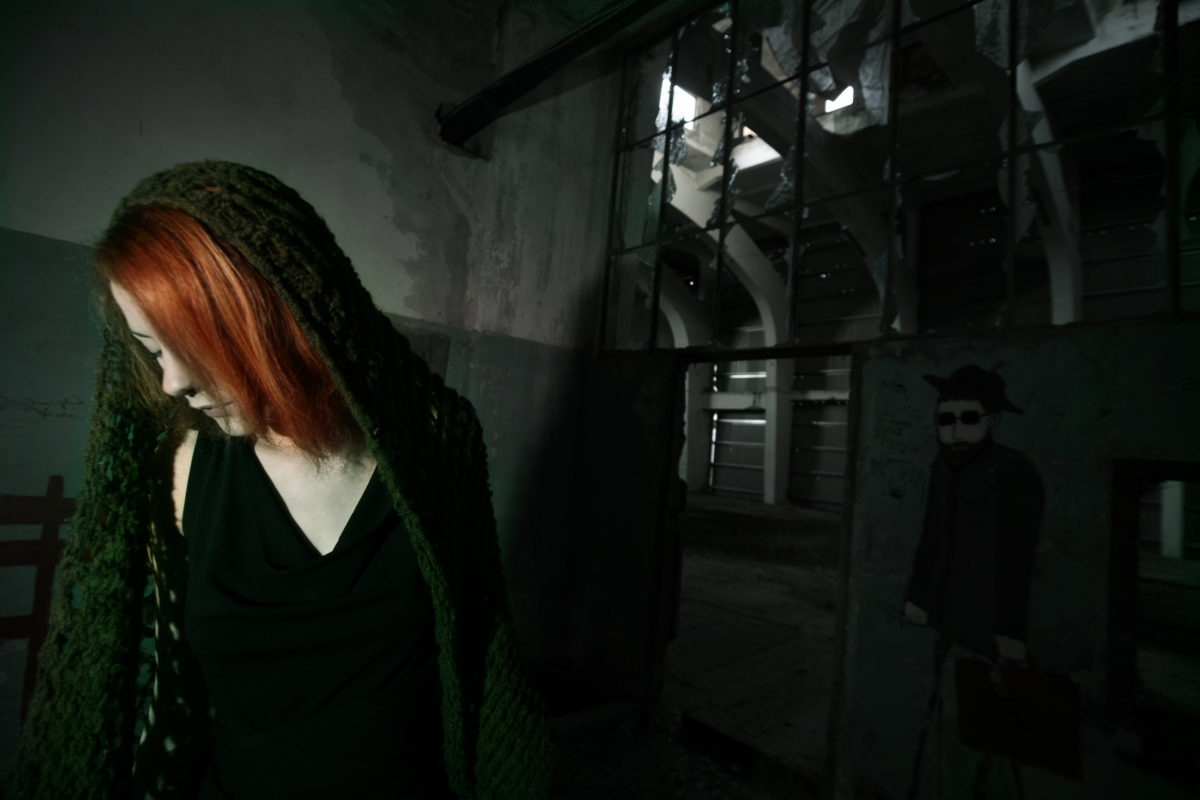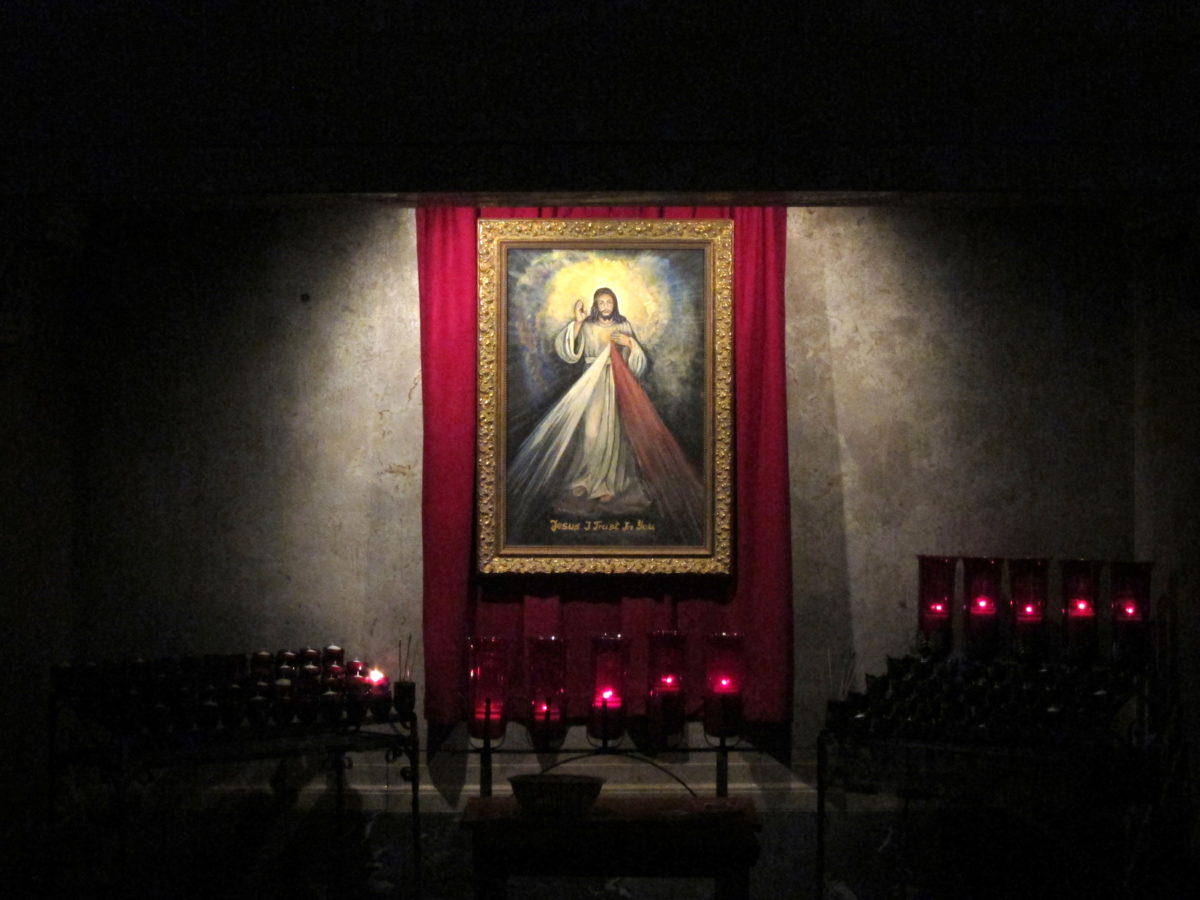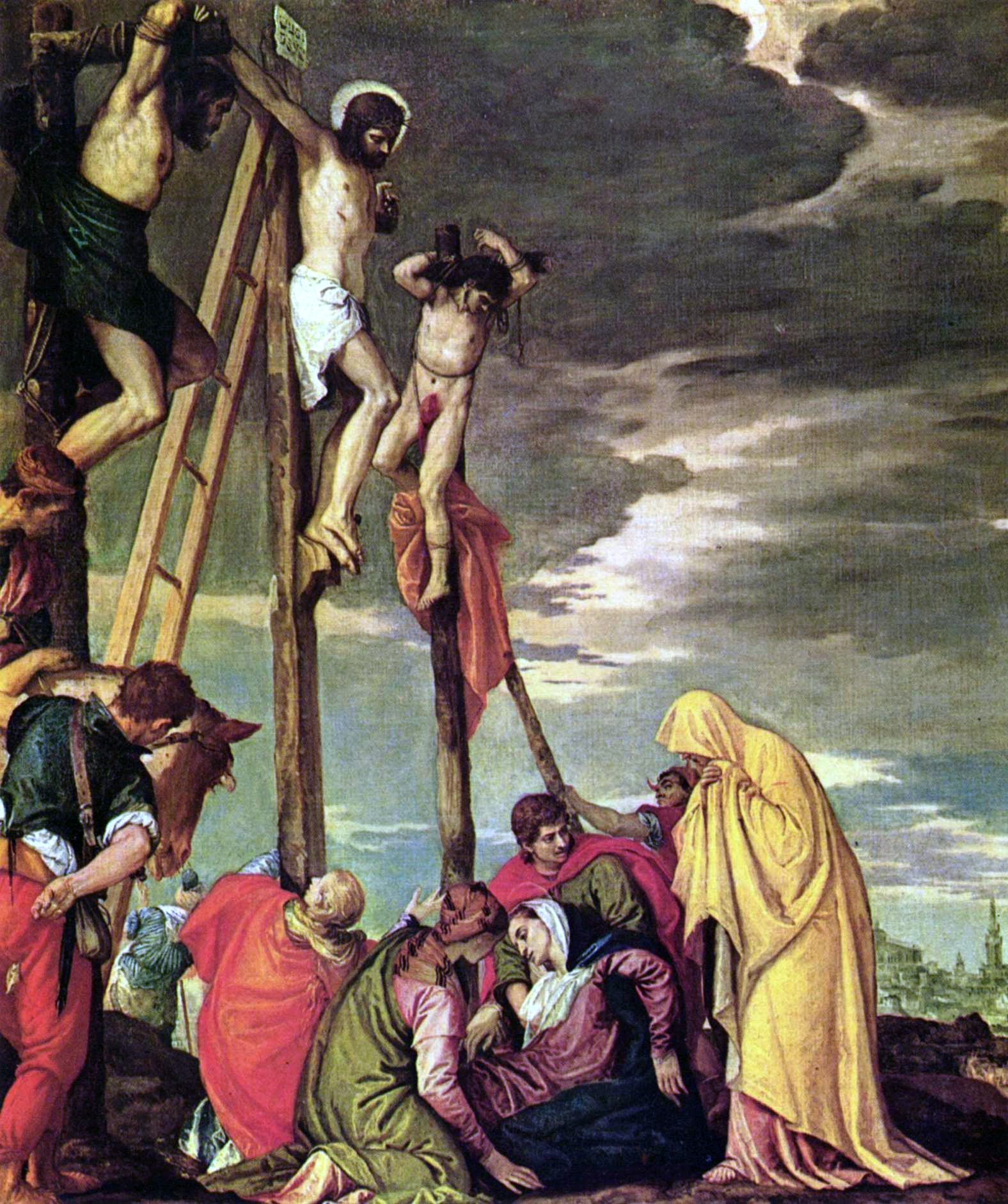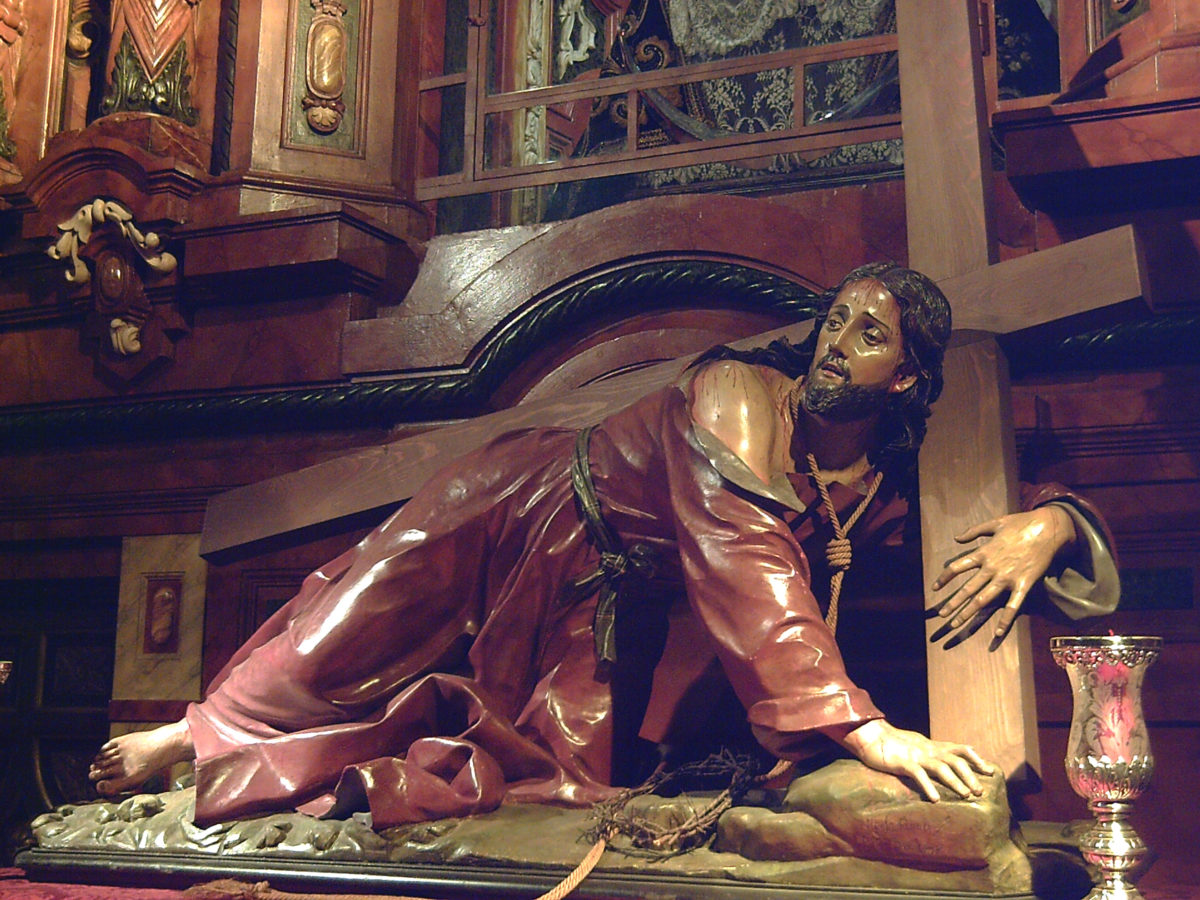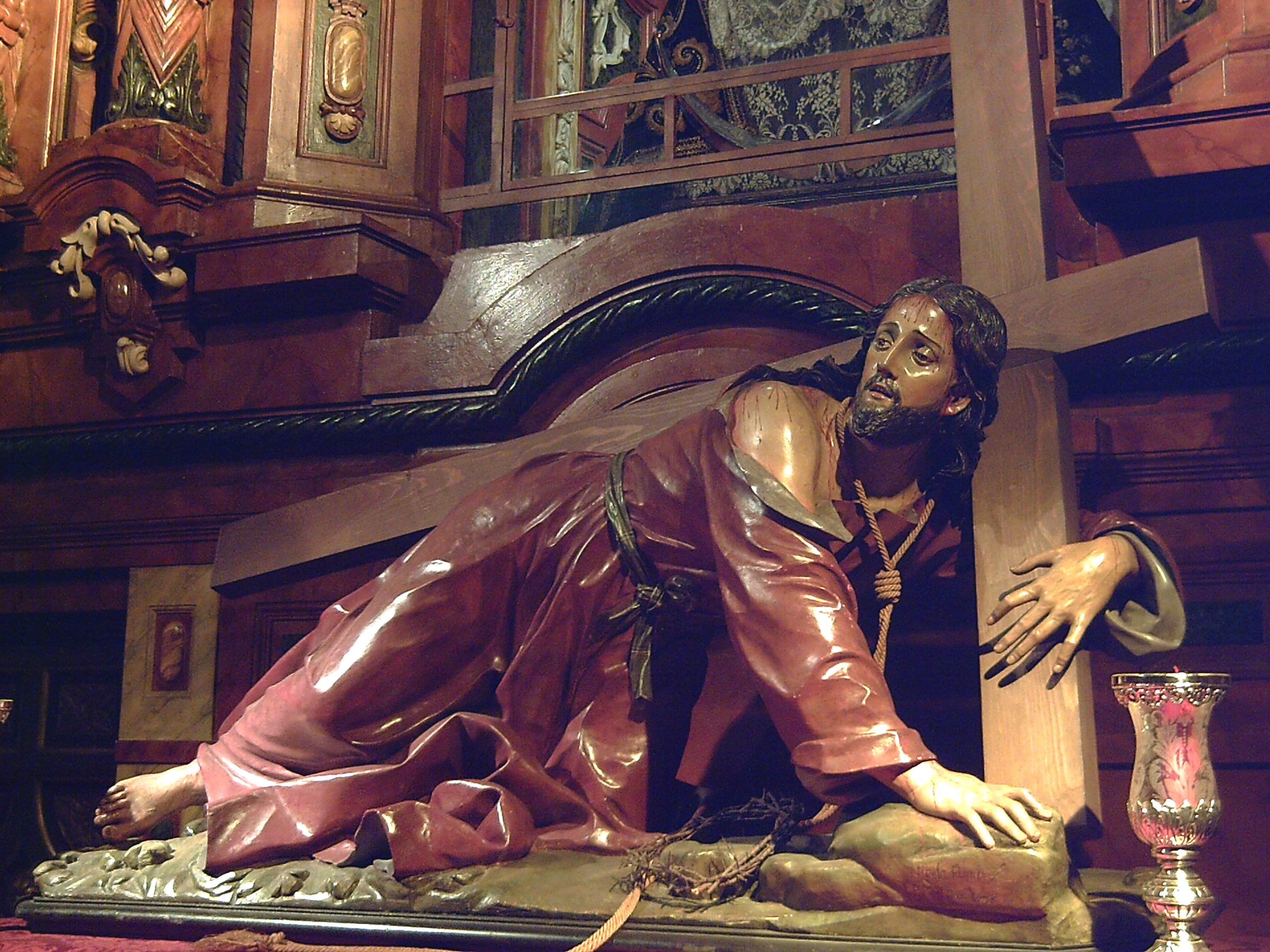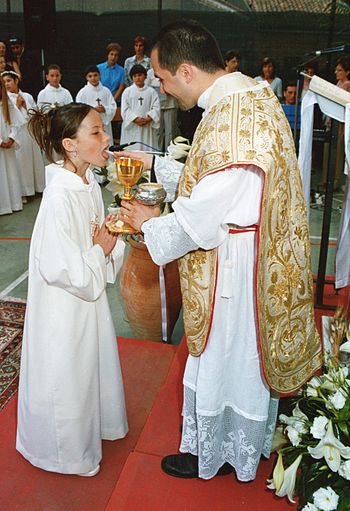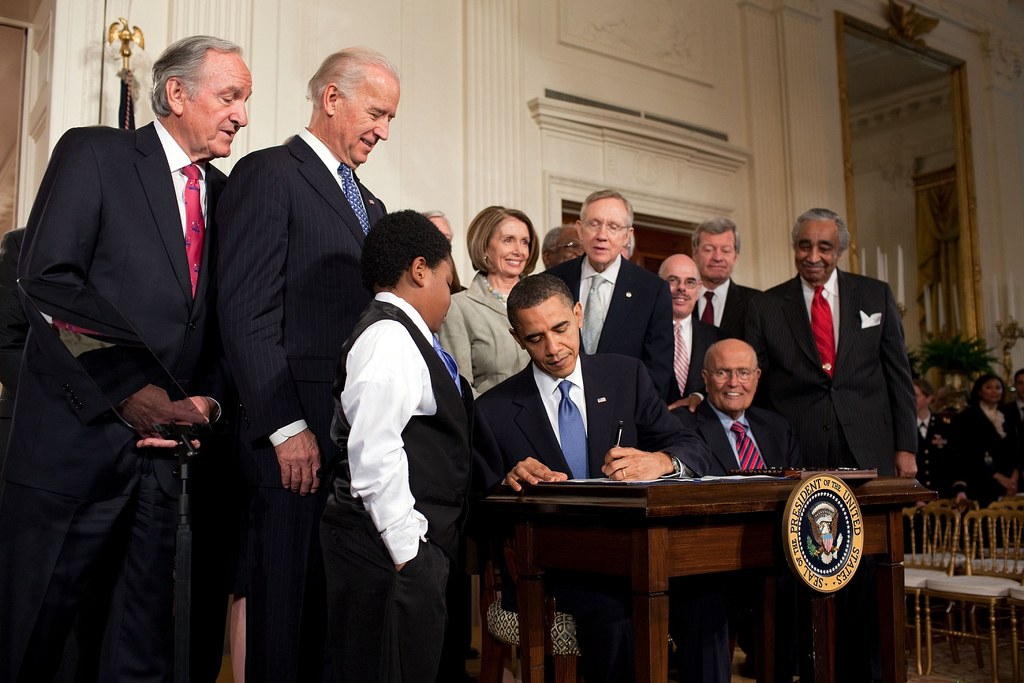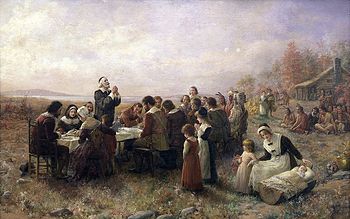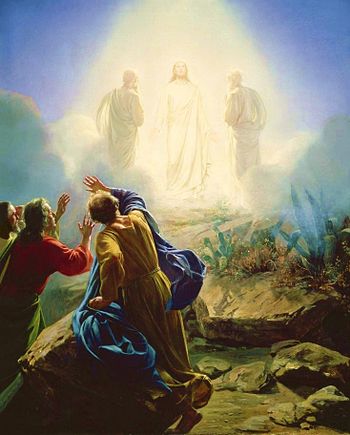Is it just me or is there a growing feeling of despair weighing on everyone lately? Whether it’s natural disasters, politics, or peoples’ personal situations, everything just seems so negative. My Facebook feed is so full of hateful memes from both sides of the isle I’ve basically given up reading it. I rarely engage in conversations at work because someone will eventually throw out some ridiculous political opinion that I have neither the time or energy to dispute. Our world seems to have gotten meaner and more adolescent than any grade school playground I’ve ever known.
But the world being a cruel place is hardly a modern invention. I read this article about the trials and misfortunes of Joseph from the Old Testament. He was a man sold into slavery by his own brothers and later thrown into prison in Egypt. God never made Joseph’s problems magically disappear but instead guided him through them. The article’s author remembers her period of utter despair and what God was teaching her:
I remember years of crying out to God, thinking my faith would get back on track when life got back to normal. But as the pain grew more intense, I realized I needed to find God in the present, and not wait for my circumstances to improve. God wanted me to find him sufficient in the midst of trouble rather than just demanding that he deliver me from it.
And I found God more than sufficient as I met with him daily in Scripture and in prayer. His word became exceedingly precious to me. It brought light to my darkness. It became life to me.
I think we can all appreciate the author’s initial bargaining sentiment. How often do we tell God, “make my life easier and I will be more faithful?” Or, “I will start praying more when my life improves.” Or how often do our prayers, no matter how well intentioned, turn into us specifying our wish list to God? But as the author and Joseph’s story points out, many times the darkness in our lives is needed so that the faint light of God’s grace can be better seen and understood.

Joseph had an amazing gift — the ability to interpret dreams. And in a complicated series of events, it was necessary for Joseph to be sold into slavery and thrown into prison for his gift to be used as God planned. And so we too may have to pray and meditate in the darkness of our lives so that God can better illuminate the gifts he gives us to fulfill His plan. Without the darkness, God’s Word, either in scripture or in prayer, might be drowned out by the noise of daily life.
Naturally, any Sorrowful Mystery of the rosary shows the darkness in Jesus’ life which was necessary for Him to fulfill God’s Will. And while we can all smile and nod in agreement about this cornerstone of our faith, imagine how difficult it was for Jesus’ apostles to accept. Here was Jesus, the rising star of the Jews, who healed, cast out demons, calmed storms, and did many other amazing miracles. The apostles probably thought that they would ride those miracles to an easy salvation where Jesus would just magically transform everyone’s hearts and minds. Imagine their confusion and disappointment when their hero was arrested, beaten, and crucified.
Like the apostles, we too can become very confused when life throws unexpected and difficult hurdles our way. And like the apostles, our instinct may be to run and hide. Or maybe we become angry because God didn’t do something the way we want. But like Joseph or Jesus in the Garden of Gesthemene, instead of running from God in the face of difficulty, we should instead call on Him to help us endure. The world has always been a cruel and unforgiving place and probably always will be. But God is one powerful ally to have in your corner.

